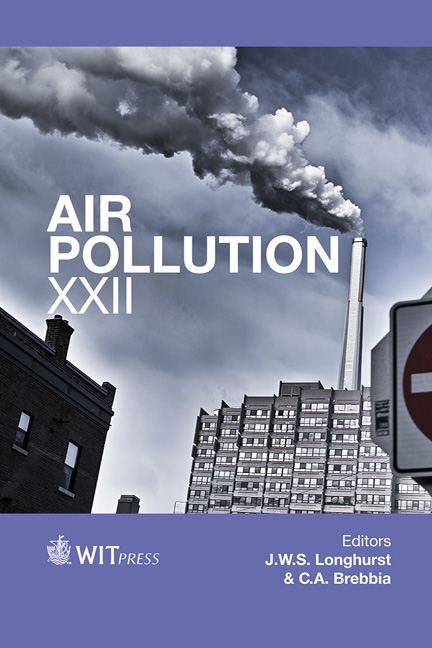The Norwegian Action Plan On Short-lived Climate Pollutants
Price
Free (open access)
Transaction
Volume
183
Pages
15
Page Range
299 - 313
Published
2014
Size
724 kb
Paper DOI
10.2495/AIR140251
Copyright
WIT Press
Author(s)
V. Vestreng, M. M. Kvalevåg, S. Guttu & S. Figenschau Skjellum
Abstract
Short-lived climate pollutants (SLCPs) are considered as air pollutants with health and environmental effects. The Norwegian Environment Agency, on behalf of the Ministry of the Environment, has performed an assessment of climate, health and environmental effects of Norwegian emissions of SLCPs and proposed measures and instruments for reducing such effects by 2030. SLCPs are in this context defined as black carbon (BC), tropospheric ozone (O3), methane (CH4) and some hydrofluorocarbons (HFCs). Organic carbon (OC) and sulphur dioxide (SO2), which contribute to cooling, can have the same emission sources as the SLCPs and have therefore also been included in the assessment. In our integrated approach to assess the mitigation possibilities for SLCPs we have identified emissions reduction possibilities which benefit both air pollution and climate change (win-win) as well as win-lose situations. Pioneering work will always be faced with challenges, and the paper describes how these were met and lists knowledge gaps. The paper outlines the methodologies developed in order to perform an analysis of measures. It shows that the choice of emission metric is strongly linked to the purpose of the analysis, and highlights the importance of CO2 reductions also for short-term climate change mitigation purposes. Further, our approach to include health effects in the cost estimates of measures is presented. Finally a presentation of mitigation strategies is given. The results are summarized in a proposed Norwegian action plan, and clearly demonstrate why it is important to perform holistic assessments of air pollution and climate change in order to best inform policy makers.
Keywords
short-lived climate pollutants, black carbon, integrated analysis,metric, measures, cost-curves, reduction strategies, policy development.





